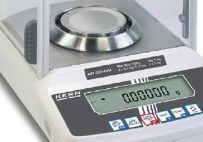Scientific Scales and Balances
Tovatech offers scientific scales for accurate, precise weighing from milligrams to kilograms. We offer top quality scales from Kern and Intelligent Weighing Technology. Download our scientific scales product and price guide for popular models, specifications, and pricing.
For questions or information on all available models, call or chat with us. We'll help you determine which scale is right for your requirements.
Tovatech Is Proud To Offer the Following Scientific Scales
Analytical Balances
Capable of weighing to within the sub-milligram range such as 0.1mg or in the case of semi-micro balances within 0.01mg readability, which is the number you see on the display. Upper weighing capacity is limited for analytical balances, depending on the models. Weighing pans are enclosed to protect them from dust and stray air currents that can affect accuracy.
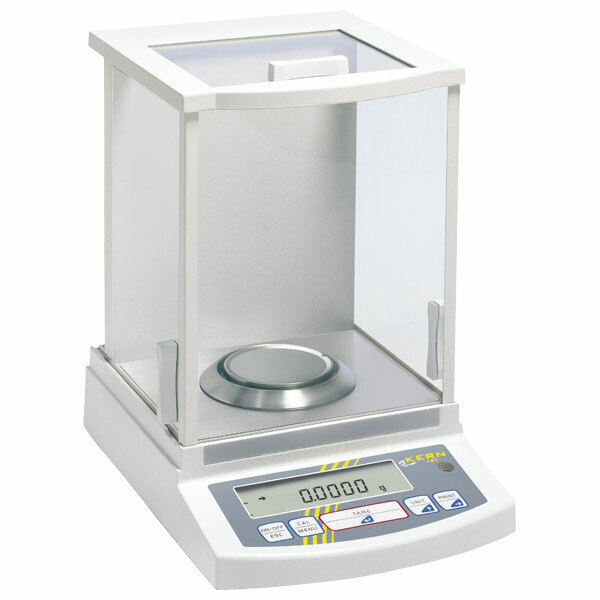
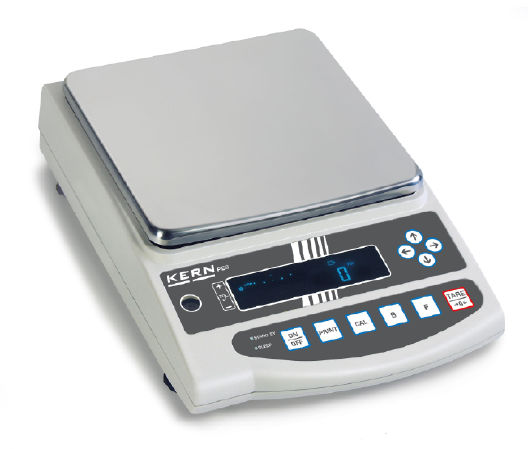
Precision Scales
Higher weighing capacities and weighing ranges from readings in milligrams (0.001g) to a capacity of 31,000g, depending on models. Most models have open weighing pans; others are enclosed for draft protection. Some models can be fitted with draft shields.
Platform Scales
Also known as parcel scales and packaging scales, used for heavier weighing tasks. Readability varies depending on the weighing capacity. As an example, a 3kg maximum weight scale might have a readability of 0.01g while a 300kg scale might have a readability of 100g.
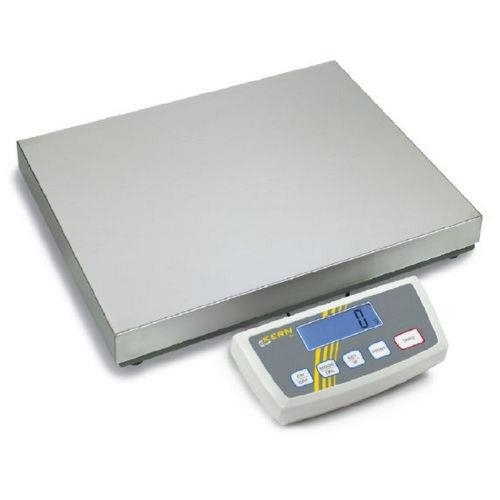
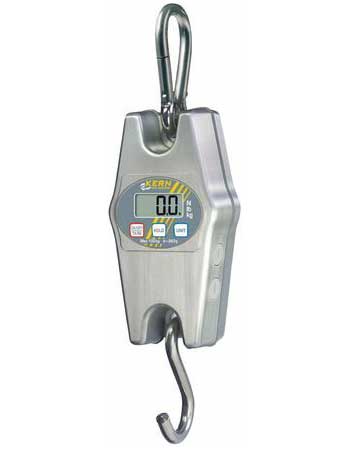
Hanging Scales
Popular for receiving docks and warehouses to check the weight of merchandise as it is unloaded or relocated using an overhead crane.
Tovatech’s HCN digital hanging scales have stainless steel housings and an IP65 rating for ingress protection against dust and moisture. They feature front and rear weight displays and a weight holding function.
Get Expert Advice |
|
Our PhD support staff are experts at finding the perfect scale for your needs and budget. It takes less than 5 min! (973) 913-9734or |
From Top Manufacturers

A Primer on Scientific Scale Selection Criteria
Before making your investment in a scientific scale you should set the criteria that your application must meet - which can depend on meeting standards set by your industry or professional association.
Here are examples of criteria worthy of your consideration.
Precision and Accuracy. There is a difference
There's an important difference between precision and accuracy as selection criteria when specifying scientific scales and analytical balances. For example, your digital wristwatch may be precise, but if the time displayed (the readout) is wrong it does not show the accurate time.
More to the point - repeatedly placing a test weight of known mass on a weighing scale may show the same result on the readout, meaning the scale is precise. But if the test weight and the readout differ, the scale has an accuracy problem.
This leads us to three key selection tips for precision digital scales: Linearity, readout, and repeatability (AKA reproducibility). How important are these to your situation? You decide but keep in mind that not only regulations but also economics can play an important role.
Other Selection Criteria for Precision Balances and Weighing Scales
- Linearity is the plus or minus deviation of the readout (see above) from the actual load on an analytical balance over its weighing range. For example a 10-gram test weight on the balance should show 10 grams. A 20-gram test weight should read 20 grams. Both on the laboratory balance should display 30 grams. But nothing is perfect. Precision balances with 0.001 g readout may have a linearity of ±0.002 or ±0.003 g.
- Readout, also termed Readability and Resolution, is the smallest difference in weight that can be read and displayed by the unit. For certain precision balances it can be as low as 0.001 g.
- Repeatability is the ability of a balance to display the same result when an object is repeatedly placed on the weighing pan and removed. In general the difference between the largest and smallest result is used to specify repeatability.
These and other important specification criteria are available. Call or chat with us for more detailed information.
Application Examples for Scientific Scales and Analytical Balances
Density determination: Determining the density of a solid or liquid is easier and more accurate with an analytical balance programmed to work in concert with density determination kits.
Piece counting: The use of scientific scales determines the number of, for example, nuts or bolts in a box.
Tolerance weighing: Also called check weighing this is a plus or minus value of the target weight or number of pieces that is acceptable for cost control or regulatory guidelines.
A scientific recipe weighing scale documents the mixture of several components one by one and the total weight of all components can be called up for control purposes.
Certain models of precision scientific scales can be programmed, among other functions, for percentage weighing.
Dynamic weighing: This type of scientific scale displays an average weight when environmental conditions are unstable or when weighing animals that tend to want to move about when on the weighing pan.
Maintaining Your Digital Scales
In addition to selection tips referenced above we also call attention to the importance of calibration on a regular basis. You will learn more about this in our post on calibrating scientific scales.
Contact Us for Help Selecting Your Digital Scale
Tovatech offers scientific scales for accurate, precise weighing from milligrams to kilograms. We offer top quality scales from Kern and Intelligent Weighing Technology.
For questions or information on all available models, call or chat with us. We'll help you determine which scale is right for your requirements.








